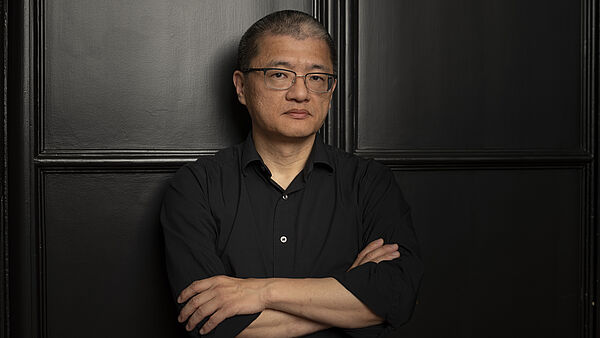
Bin Xu, Ph.D.
Associate Professor of Sociology
Emory University, Atlanta
Born in 1974 in Hangzhou, China
Studied Sociology at Northwestern University
Project
Listening to Thunder in Silence: Politics and Ethics of Memory of Tiananmen 1989
“Forgetting” has been a term widely used in academic and public discourses of the memory of the 1989 Tiananmen protests and the state’s brutal crackdown. But it is conceptually unclear, empirically ineffective, and ethically problematic. Conceptually, it relies on a problematic assumption that silence means forgetting. Empirically, it lumps together different states of memory: don’t remember, don’t talk about, don’t know, and don’t care. Ethically, it blames the Chinese people for their “complicity” and distributes the moral responsibility equally between the repressive regime and the people, between the powerful and the powerless. I argue that “silence” provides greater conceptual precision, more analytical subtlety, and less ethical liability. Silence does not mean forgetting. Nor does it always mean the complete absence of sound. Rather, it refers to the absence of certain – not all – discourses about the past in some situations. I propose an empirical analytical frame based on different forms of silence: silencing, silenced, and silent. While prior studies have focused on Tiananmen exiles and public memories outside China, my project takes up the challenge to “listen to thunder in silence” within China by collecting textual materials and conducting interviews with silent or silenced people. I also advocate for an ethical neutrality based on silence, which recognizes individuals’ moral-political dilemmas under a repressive regime and enables all involved parties to participate in a more inclusive transitional justice process to restore historical truth in the future. This project not only contributes to the specific literature on the Tiananmen memory, but also offers a general perspective on silence that can be useful for the politics and ethics of remembering in other contexts.Recommended Reading
Xu, Bin. The Politics of Compassion: The Sichuan Earthquake and Civic Engagement in China. Stanford: Stanford University Press, 2017.
—. Chairman Mao’s Children: Generation and the Politics of Memory in China. Cambridge: Cambridge University Press, 2021.
—. The Culture of Democracy: A Sociological Approach to Civil Society. Cambridge: Polity Press, 2022.
Colloquium, 04.06.2024
When Millions of Bells Toll: Memorializing the COVID Deaths
In a global catastrophe like the COVID-19 pandemic, how to memorialize deceased individuals without reducing them into numbers or a monolithic collective concept of “COVID victims”? How to address the mass, excess, and unequal deaths in public memorialization projects? The COVID memorialization projects around the world redefined the meanings of “memorials” to include not only the traditional, physical sites in central ceremonial places but also decentralized ones, such as temporary art installations, artistic works, small practices, online memorials, etc. The mourners also actively participated in the co-creation of the memorials. Such participation in decentralized memorialization offered a logistically and symbolically feasible solution to the issue of commemorating individuals as part of the mass deaths.
Nevertheless, the decentralized, participatory COVID memorialization projects inadequately addressed excess and unequal deaths. Except for a handful of memorials driven by activism, they neither held the states responsible for the deaths nor challenged the COVID denialism, conspiracy theories, vaccine rumors, and irresponsible behaviors. Presentations of issues pertaining to social inequality in deaths and access to healthcare were largely absent. Consequently, the projects sidelined the need of the unrecognized and the vulnerable for more traditional, physical, permanent memorials, which are still regarded as a demonstration of the states’ and societies’ gravitas about people’s lives and deaths and a space for public discussions about problems exposed by the pandemic.
When the world seems to have turned the page and forgotten the pandemic, it might be the right time for us to “recentralize” the memorialization as an essential public occasion for serious reflection and deliberation.
Publications from the Fellow Library
Xu, Bin (Cambridge, 2022)
Chairman Mao's children : generation and the politics of memory in China
Xu, Bin (Hoboken, NJ, 2022)
The culture of democracy : a sociological approach to civil society Cultural sociology series
Xu, Bin (London, 2020)
Xu, Bin (London, 2019)
Intragenarational variations in autobiographical memory : China's "Sent-down youth" generation
Xu, Bin (Stanford, California, 2017)
The politics of compassion : the Sichuan earthquake and civic engagement in China

